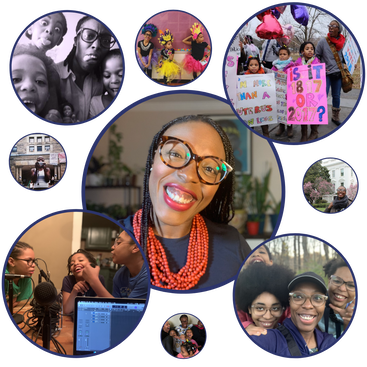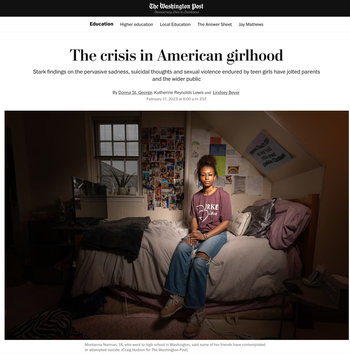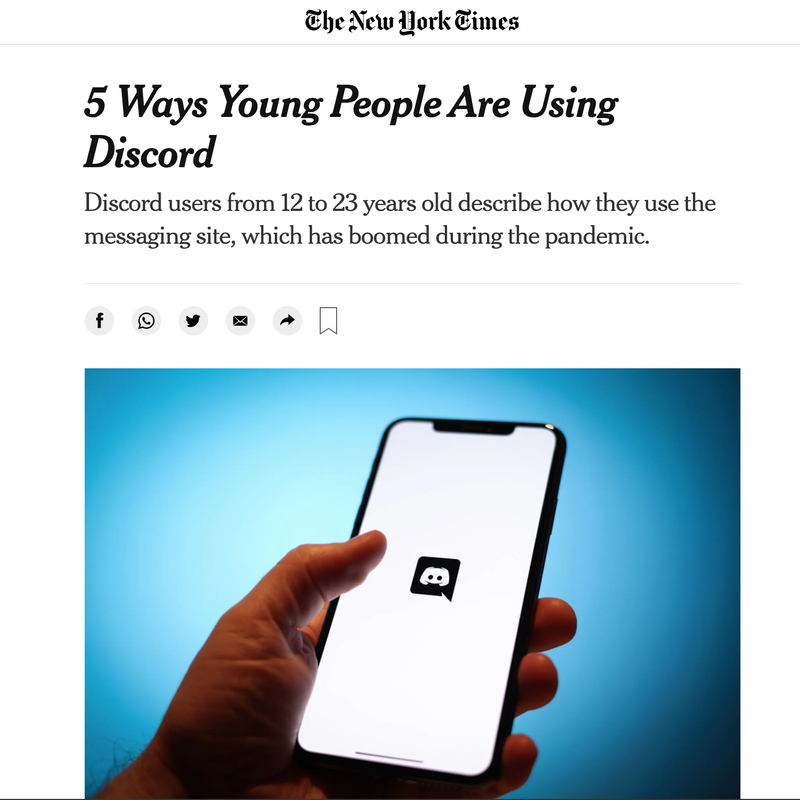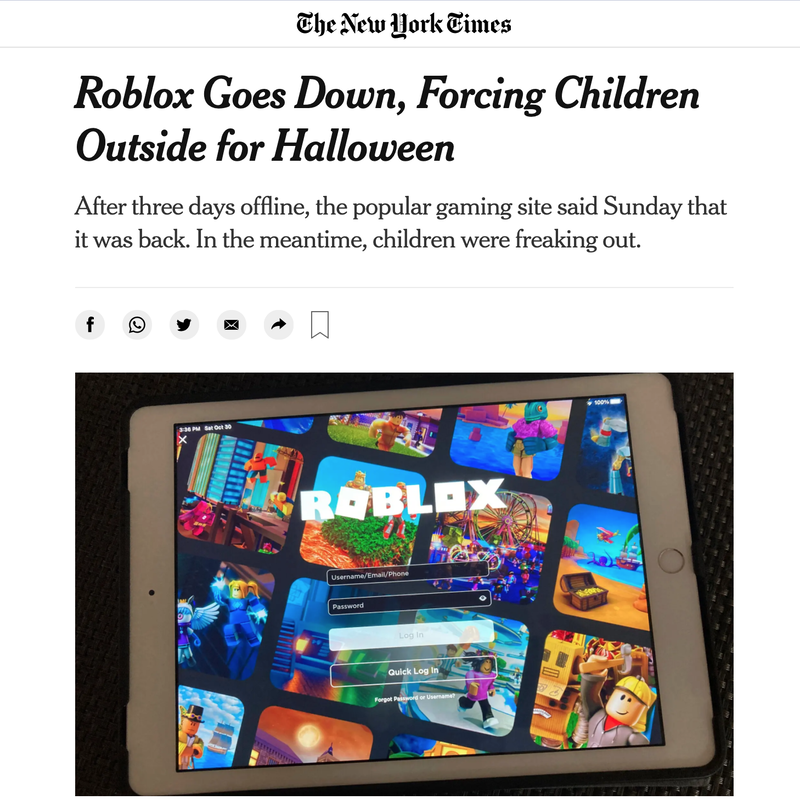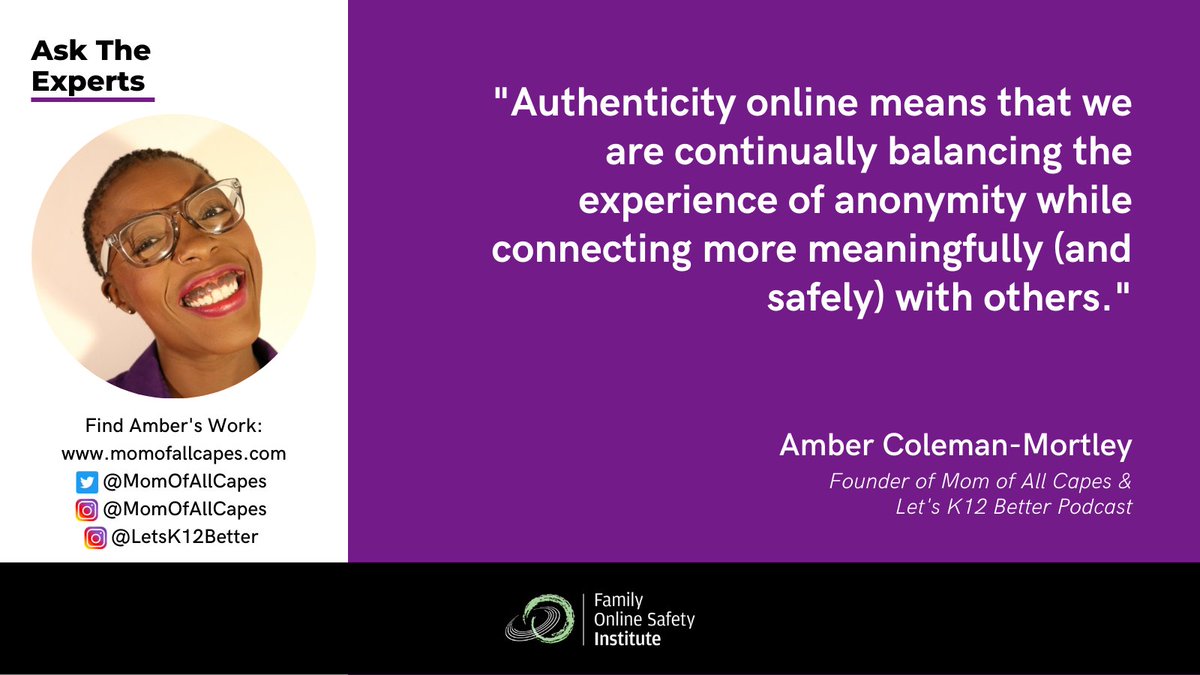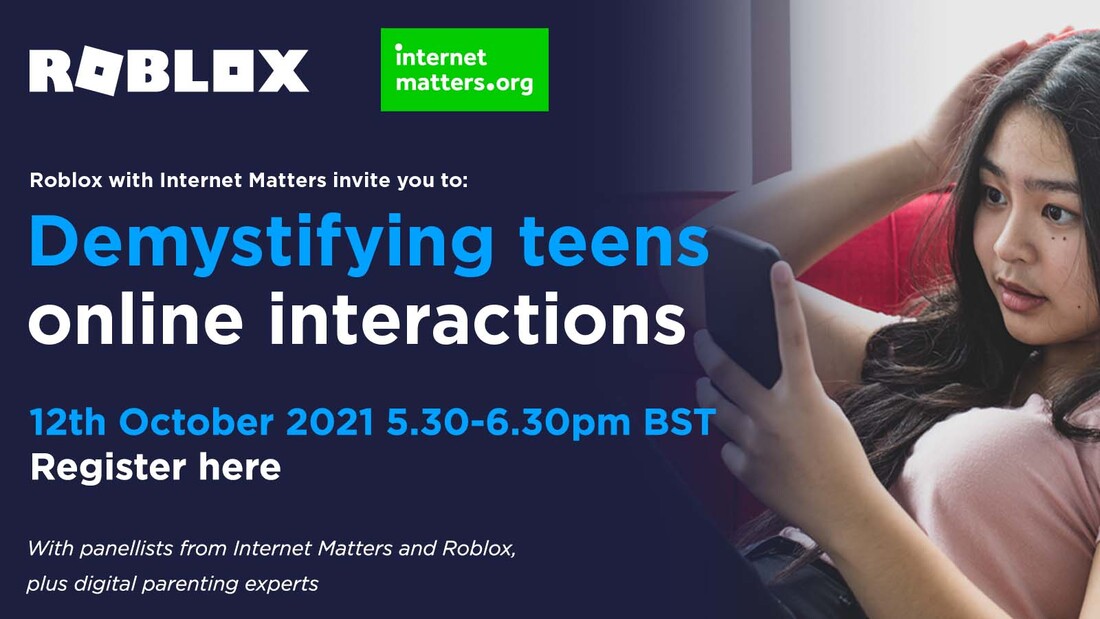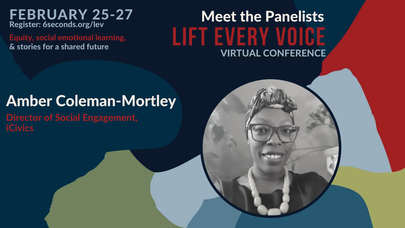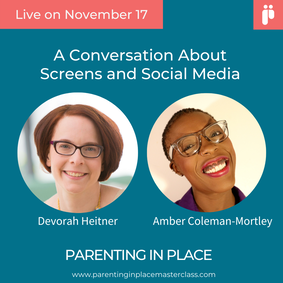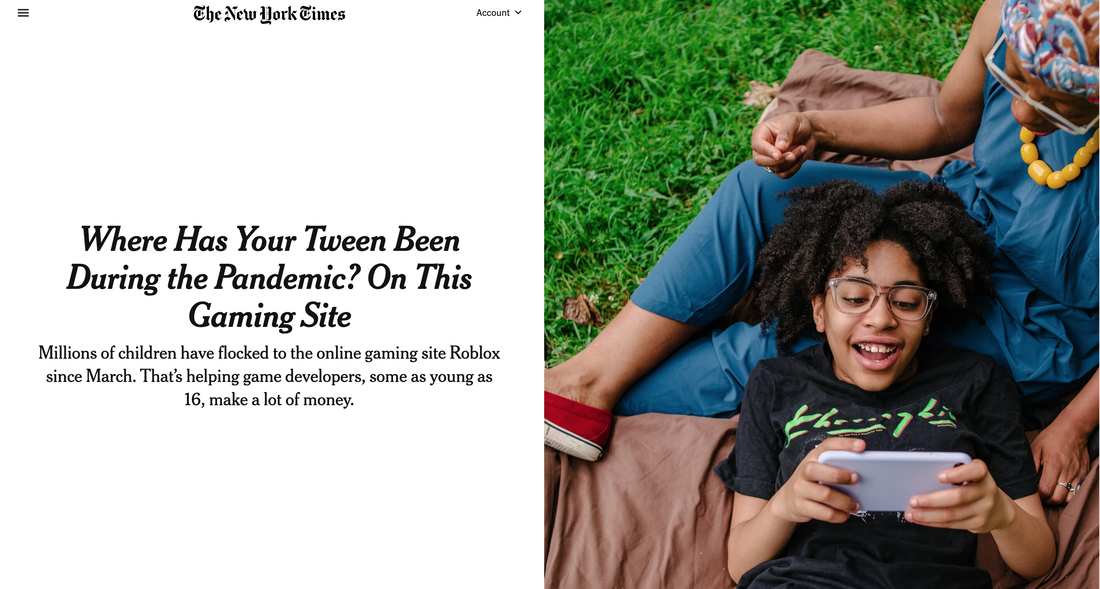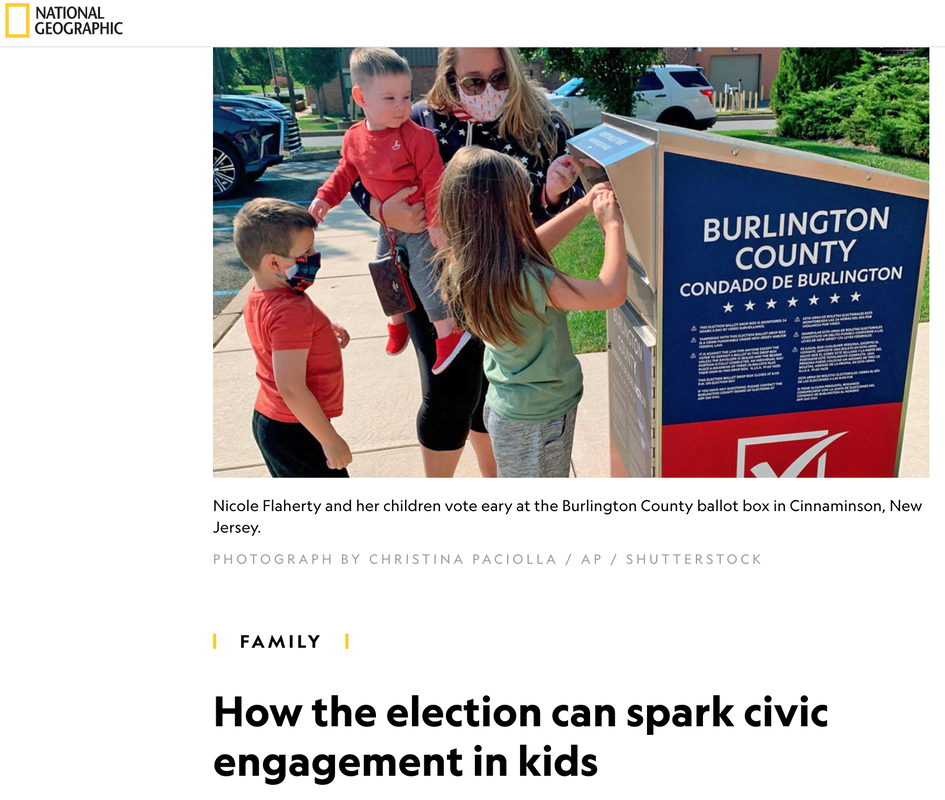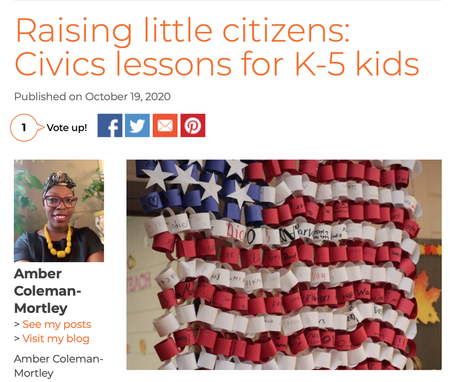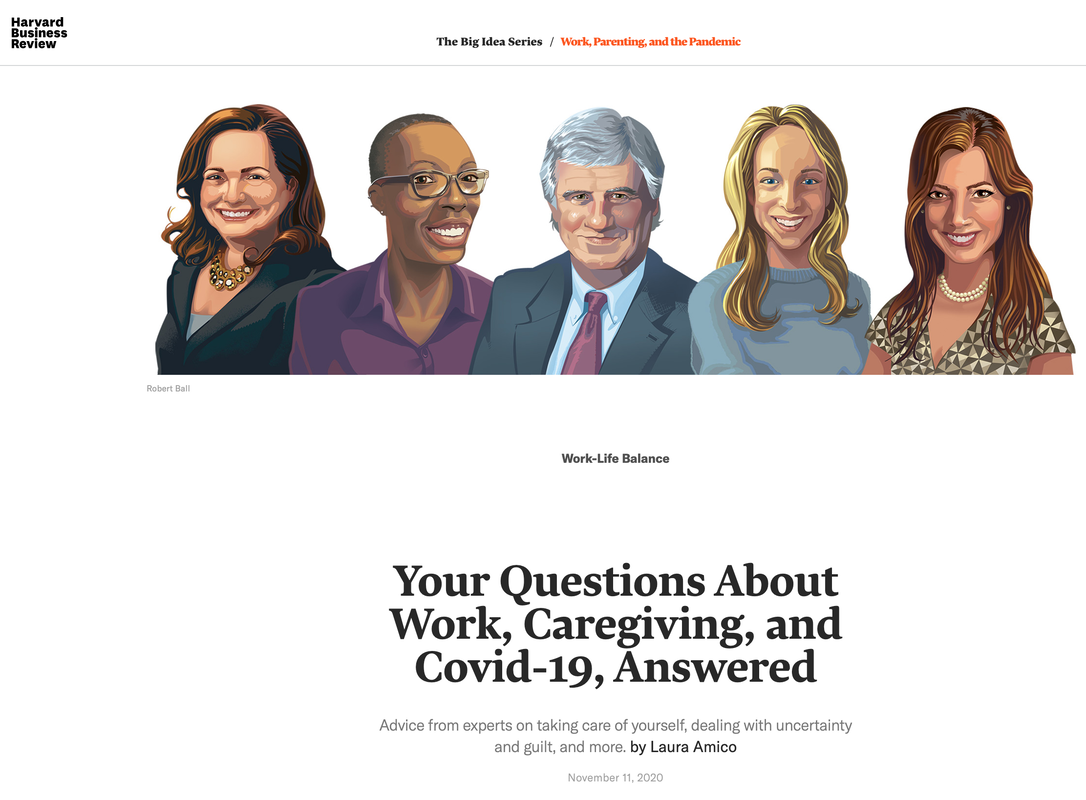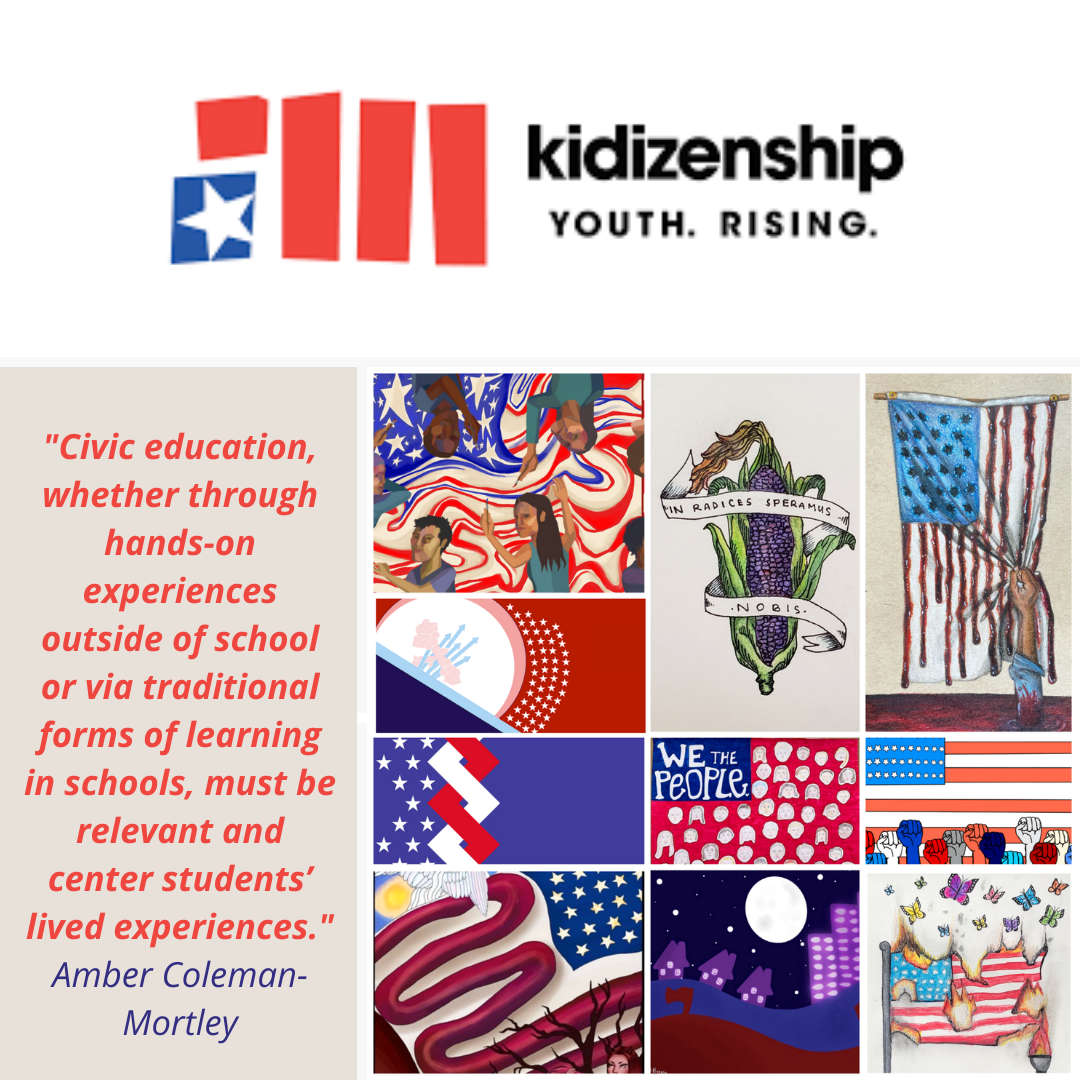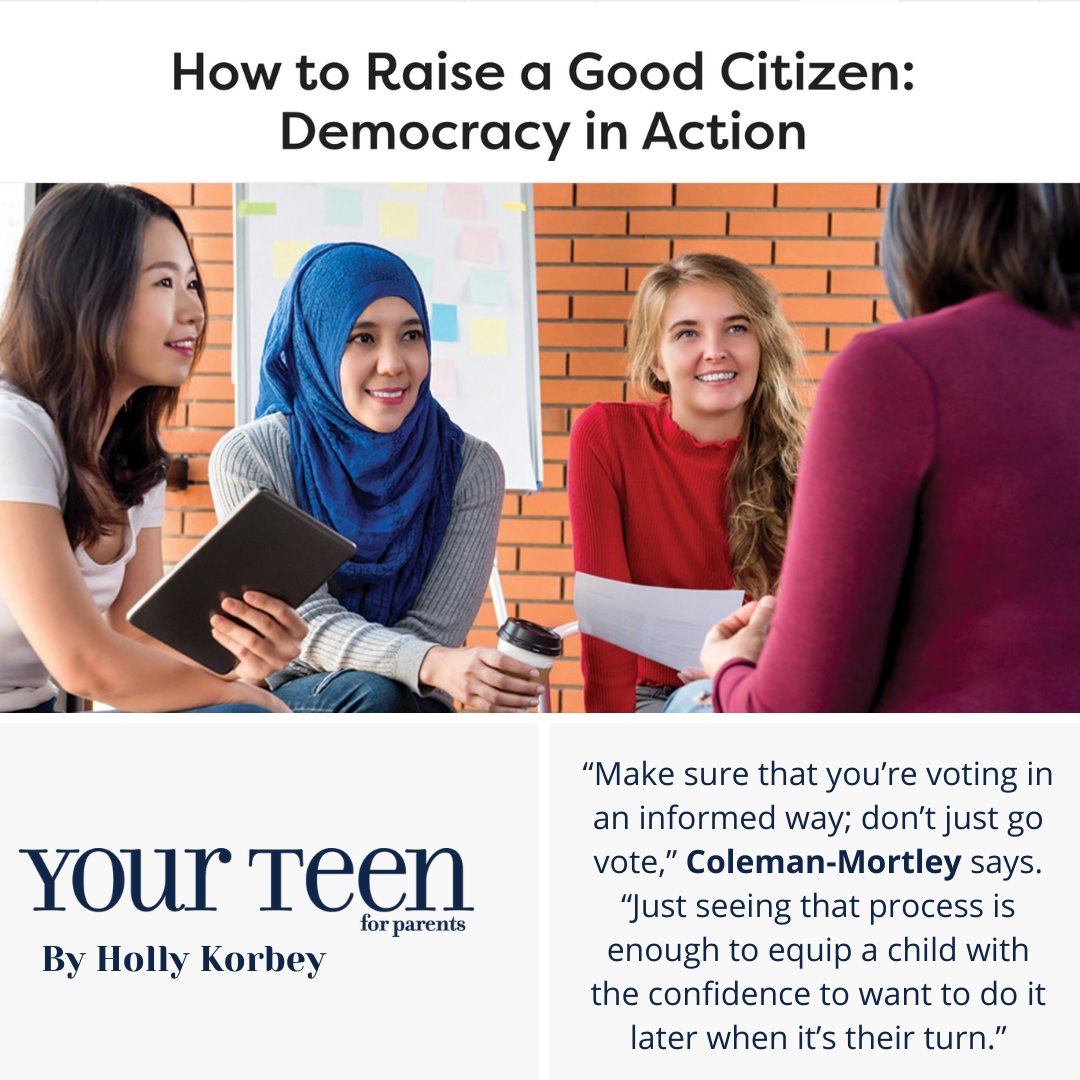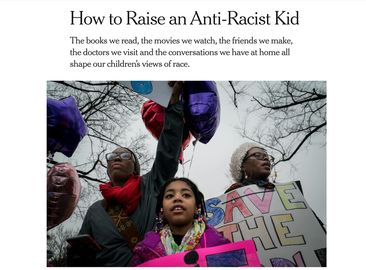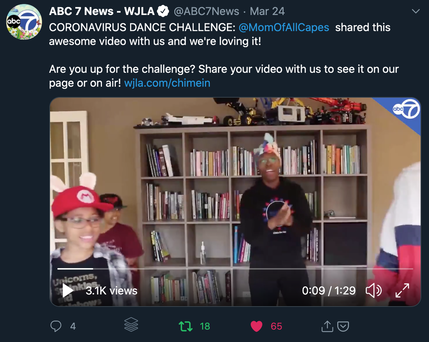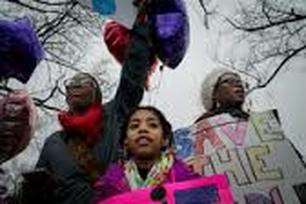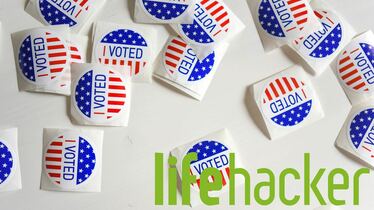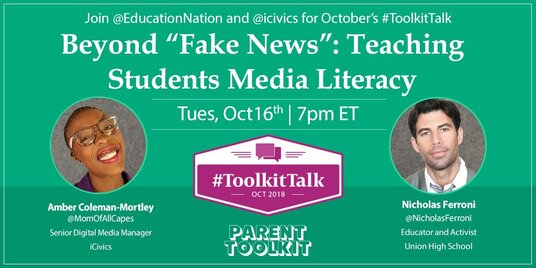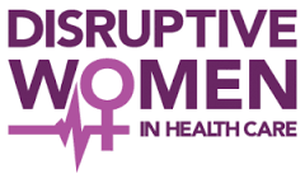|
We're "life-nerds" searching for the answers through experience. We affirm that life is an extended adventure with discoveries hidden in plain sight. Curiosity is our best feature. Discover with us!
Mom is a former three sport, all conference college athlete, who hung up her gear years ago to coach and teach for a decade. She focuses her passion and energy toward elevating diverse voices and perspectives in the civic education space, working with students, educators, and parent communities for more equitable outcomes. She's passionate about whatever the girls love and is on a mission to get parents to partner with their child's teacher. #LetsK12Better |
Find us in the media!
|
|
|
Garvey Mortley speaks on the Youth Taking A Stand Against Racism Panel with Afua Nkansah-Asamoah and Zulaikha Patel at the Peace One Day Anti-Racism Live Global Digital Experience in association with the United Nations Office of the High Commissioner on Human Rights.
(starting at 3:45:05)
(starting at 3:45:05)
|
|
|
|
|
|
|
|
|
|
|
|
|
|
|
|
|
|
|
"...The only way to really talk about race and racism, is by activating a growth mindset, said Coleman-Mortley. 'It’s really important for parents at home to impress upon their kids that humanity has to come first. We have to be OK with being vulnerable, OK with being wrong, and OK with challenging the things we’ve learned'...."
|

Being a working mom has its perks sometimes. Learn more about a fun work trip experience on the "Nuts About Southwest" Southwest Airlines Blog:
Every Seat Has a Story: Work Trip Bliss |
|
We shared perspectives on health and family issues on the Disruptive Women in Health Care Blog when the blog was live.
|
New Life Within is a series of forty inspiring stories from women of all different walks of life. Every woman's experience with motherhood is unique and life-altering. Check out "New Life Within: Real Babies. Real Moms. Real Stories." on Amazon.
|
Amber of Bethesda, MD: Not only do women's issues matter to me, racial issues matter to me. #WomensMarch pic.twitter.com/mG1FA9o61P
— NBC BLK (@NBCBLK) January 21, 2017
